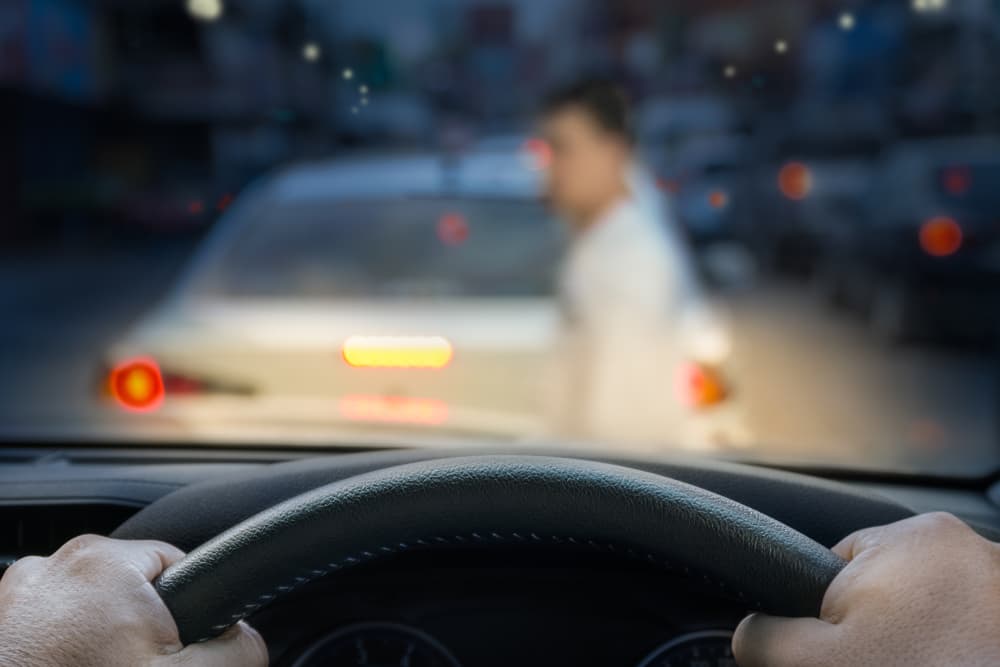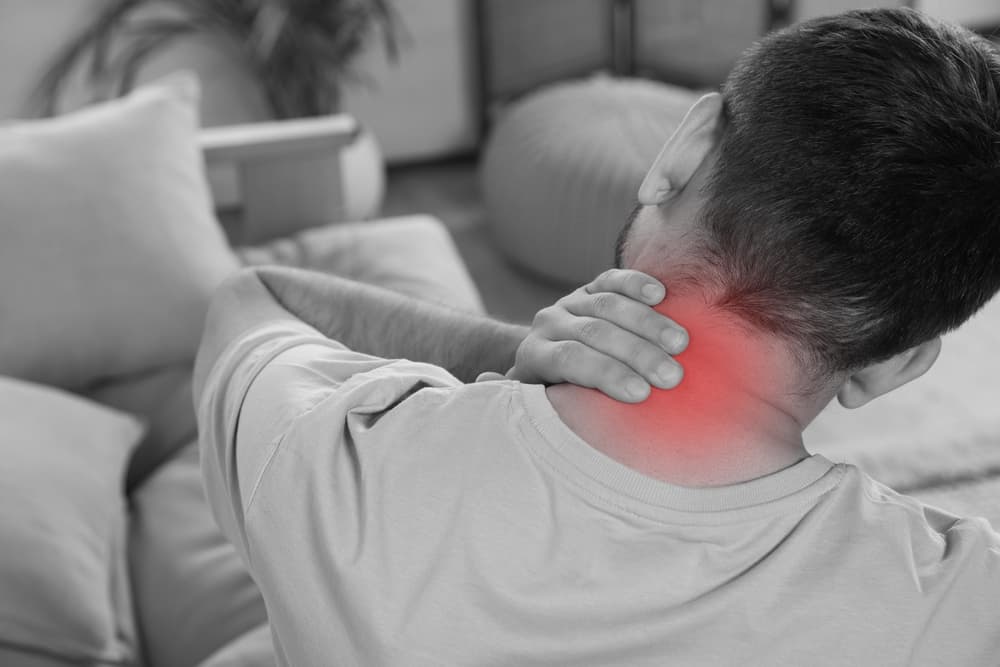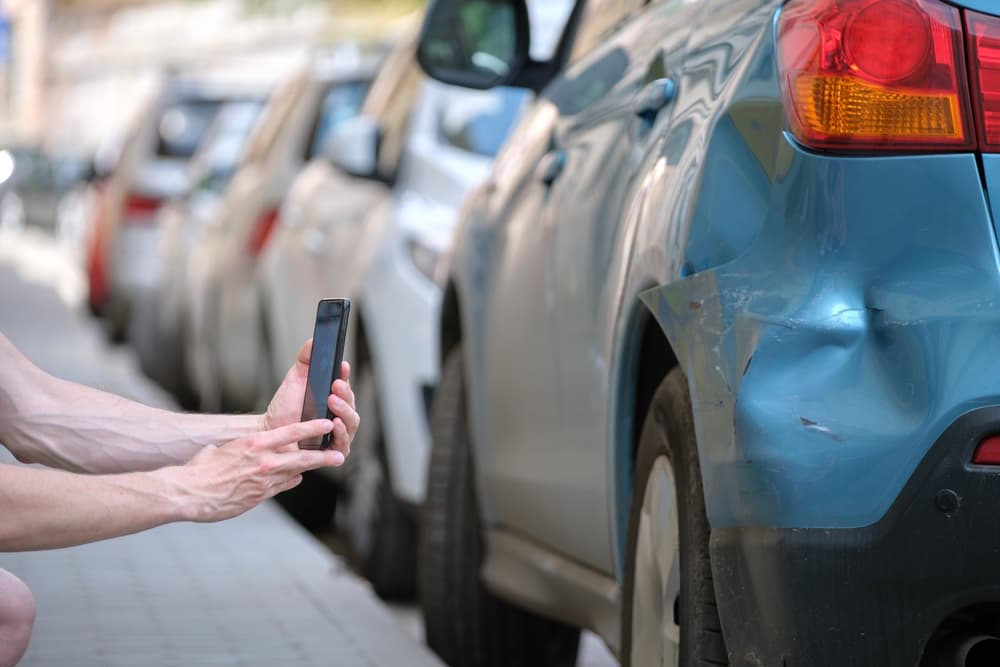If you’ve been the victim of a hit-and-run accident, you may be wondering who will cover the costs of your vehicle damage and any injuries you sustained. Usually, when another driver causes a crash, their insurance coverage is liable for your medical bills and other losses. Even if you live in a no-fault insurance state, the at-fault driver’s coverage often comes into play if you suffer serious injuries.
However, things quickly change when an at-fault driver flees the scene of the crash.
Hit-and-run accidents can be especially stressful and complicated since the at-fault driver flees the scene, making it difficult to hold them accountable. However, there are still options available to recover compensation for your losses. Never assume you are out of luck simply because another driver failed to comply with the law and take responsibility for their actions.
The best thing you can do in this situation is to have an experienced car accident attorney review your best legal options. How you seek compensation will depend on different factors, including whether you identify the driver and the type of insurance coverage you have.
What Is a Hit and Run Accident?

First, let’s clarify what exactly counts as a hit-and-run accident. A hit-and-run happens when a driver crashes into another car, cyclist, or pedestrian and then leaves the scene without stopping to properly exchange information or render aid to anyone who may be injured. Hit-and-run is illegal in all 50 states. Drivers are legally required to stop after any accident that results in vehicle damage, property damage, injury, or death.
Common examples of hit-and-run accidents include:
- A driver rear-ends you and speeds off without pulling over
- A driver sideswipes your vehicle and keeps driving
- A driver runs a red light, hits you, and doesn’t stop
- A driver hits a parked car and leaves the scene
- A driver strikes a pedestrian in a crosswalk and flees
Whenever a driver intentionally leaves an accident scene without stopping as required by law, it is considered a hit and run, even if the accident was originally unintentional.
Using Your Own Auto Insurance After a Hit and Run
Since you likely won’t be able to track down the hit-and-run driver, making an insurance claim is often the most reliable way to get compensated after a hit-and-run accident. If you carry the right types of coverage, you can file a claim with your own insurance company to pay for your losses, regardless of who was at fault.
Uninsured Motorist Coverage
Uninsured motorist (UM) coverage is the most important type of insurance to have for hit-and-run accidents. UM coverage will pay for your injuries if you’re hit by a driver who doesn’t have insurance. In most states, hit-and-run drivers are legally considered uninsured motorists, so your UM coverage should apply to your hit-and-run accident.
There are two kinds of UM coverage:
- Uninsured motorist bodily injury (UMBI) coverage: Pays for your medical expenses and other damages like lost income and pain and suffering if you’re injured in an accident caused by an uninsured driver.
- Uninsured motorist property damage (UMPD) coverage: Pays for damage to your vehicle if it’s hit by an uninsured driver. However, UMPD is not available in all states.
UM coverage is required in some states and optional in others. If you have it, you can make a claim under your UM policy, and your insurance company will pay for your damages up to your policy limits. For example, if you have $50,000 in UMBI coverage and $10,000 in UMPD coverage, your insurance will pay up to $50,000 for your medical bills and up to $10,000 to repair your car after a hit and run.
Collision Coverage
If you don’t have uninsured motorist coverage or your damages exceed your UM policy limits, you can use your collision coverage to pay for repairs to your vehicle after a hit and run. Collision coverage pays to repair or replace your car after an accident, regardless of who was at fault. However, collision coverage has a deductible you’ll need to pay out of pocket before your benefits kick in. Your collision coverage also won’t pay for any of your hit-and-run injuries.
Medical Payments Coverage

Medical payments (MedPay) coverage is another optional type of car insurance that can help pay your medical bills after a hit and run. If you carry MedPay, it will pay for certain medical expenses for you and your passengers after an auto accident, no matter who caused the crash.
There is no deductible for MedPay claims. However, MedPay policy limits are often relatively low compared to the costs of serious injuries.
Personal Injury Protection
If you live in a “no-fault insurance” state, you likely have personal injury protection (PIP) as part of your auto insurance policy. PIP works similarly to MedPay in that it will pay for your medical bills after a car accident, regardless of fault. However, PIP often has higher coverage limits and will cover a wider variety of losses, including lost income and services. In most no-fault states, you’ll need to use your PIP coverage first to pay for your hit-and-run injuries before using your health insurance or pursuing compensation from the other driver.
If you’re unsure what types of coverage you have, contact your insurance agent and have them walk you through your policy. An experienced car accident lawyer can also review your insurance and identify all possible options for maximizing your financial recovery after a hit-and-run.
What If I Don’t Have Insurance?
If you don’t have auto insurance or you don’t have the right types of coverage, recovering compensation after a hit-and-run accident becomes much more difficult. Your options will be limited, but there still may be some ways to get your bills paid:
- Health insurance: If you have health insurance, you can use it to cover some of your medical treatment related to hit-and-run injuries. However, you’ll be responsible for your deductible and copays, which can add up quickly with serious injuries. Your health insurance also won’t pay for any vehicle damage.
- Government crime victim funds: Some states have programs that provide financial assistance to victims of violent crimes, including hit-and-run accidents. These funds may reimburse you for certain losses like medical bills, lost income, and funeral expenses. However, crime victim compensation is usually considered a last resort and may not cover all your damages.
- Personal injury lawsuit: Another option is to file a personal injury lawsuit against the hit-and-run driver, which requires first tracking down the driver’s identity. Your lawyer can work with the police to investigate leads or tap other resources to find the culprit. If caught, you can sue the hit-and-run driver directly. However, many drivers flee because they don’t have insurance or assets to pay for an accident, so even a successful lawsuit may not result in much compensation.
- Other liable parties: Perhaps the hit-and-run driver was not the only one liable for your crash. In this situation, your car accident attorney can identify which other parties share liability and file claims seeking compensation from those parties.
How a Car Accident Lawyer Can Help With a Hit and Run Accident Claim
Hiring an experienced car accident attorney is one of the best things you can do to protect your rights and interests after a hit-and-run. Look for a law firm with a track record of successfully handling hit-and-run accident claims.
The sooner you contact a lawyer, the better they can help. Here are some of the key ways an attorney can assist with your hit-and-run case:
- Communicate with insurance companies and file claims
- Identify all possible sources of insurance coverage and compensation
- Accurately calculate the full value of your hit-and-run damages
- Negotiate with insurers for the maximum available settlement
- Bring in expert witnesses to help strengthen your case, such as accident reconstruction specialists
- Thoroughly investigate your accident to try to identify the hit-and-run driver
- File a lawsuit against the hit-and-run driver or a third party if necessary
- Represent you in court if your hit-and-run case goes to trial
Insurance companies are not on your side and will try to minimize the amount they have to pay out for your hit-and-run damages. An attorney levels the playing field and will aggressively advocate for your best interests.
Most reputable car accident lawyers offer free initial consultations, so it costs nothing to get professional legal advice about your case. Plus, these attorneys work on a contingency fee basis, meaning you don’t pay them anything upfront, and they only get paid if they win money for you. Be sure to take advantage of this risk-free opportunity to discuss your hit-and-run claim with an experienced lawyer.
What Damages Can I Collect After a Hit and Run?
The amount of compensation you can recover after a hit-and-run accident will depend on several factors, including the severity of the crash, the extent of your damages, and the amount of insurance coverage available. In general, victims of hit-and-run accidents are entitled to claim the same types of damages that would be available in any other car accident case, such as:
- Vehicle repair or replacement costs: You can seek compensation for repairing damage to your vehicle after the hit and run. If your vehicle is totaled, you can claim the fair market value of your car.
- Medical expenses: Any medical bills related to injuries from the hit and run should be covered, including emergency room fees, hospitalization costs, surgeries, doctor visits, medications, medical equipment, and transportation to appointments.
- Future medical costs: If you need ongoing medical care because of hit-and-run injuries, such as physical therapy or additional surgeries, you can claim the anticipated costs of your future treatment.
- Lost income: If your hit-and-run injuries cause you to miss work, you can seek reimbursement for the income you’ve lost. This includes hourly income, salaries, bonuses, commissions, self-employment income, and other forms of regular compensation.
- Reduced future earning capacity: Sometimes, hit-and-run accident injuries are disabling enough to impact your future ability to work and earn a living. In these cases, you can claim the loss of your future earning potential.
- Pain and suffering: Hit-and-run victims can receive money for physical pain and emotional anguish related to the accident and their injuries. The more severe and long-lasting your injuries, the more pain and suffering damages you may receive.
Hit-and-run accident settlements and jury awards can range anywhere from a few thousand to millions of dollars, depending on the circumstances. However, your individual recovery will depend on your unique damages, insurance coverage, and legal representation. A knowledgeable hit-and-run accident attorney can give you a better idea of what your particular case may be worth.
Statute of Limitations on Hit and Run Accident Claims

It’s important to be aware that your legal rights after a hit-and-run accident may be subject to strict time limits. Each state has a law called the “statute of limitations” that sets a deadline for filing car accident lawsuits in civil court. Statutes of limitations vary from state to state, but they are commonly between one and six years for auto accident cases.
If you are considering suing the hit-and-run driver, you must file your lawsuit before the statute of limitations expires. If you try to sue after the deadline has passed, the court will almost certainly dismiss your case. Statutes of limitations may also apply to hit-and-run insurance claims, so it’s best to act quickly and consult an attorney as soon as possible to protect your right to compensation.
Call a Car Accident Lawyer Today
Being the victim of a hit-and-run accident is a frightening and stressful experience that can leave you facing significant expenses through no fault of your own. Fortunately, you have legal options to ensure you are fairly compensated for all your damages.
If you’ve suffered an injury in a hit-and-run, contact an experienced car accident lawyer in your area today for a free consultation. A personal injury attorney can review the details of your unique hit-and-run accident and help you understand the best path to recovering maximum compensation for your losses.
